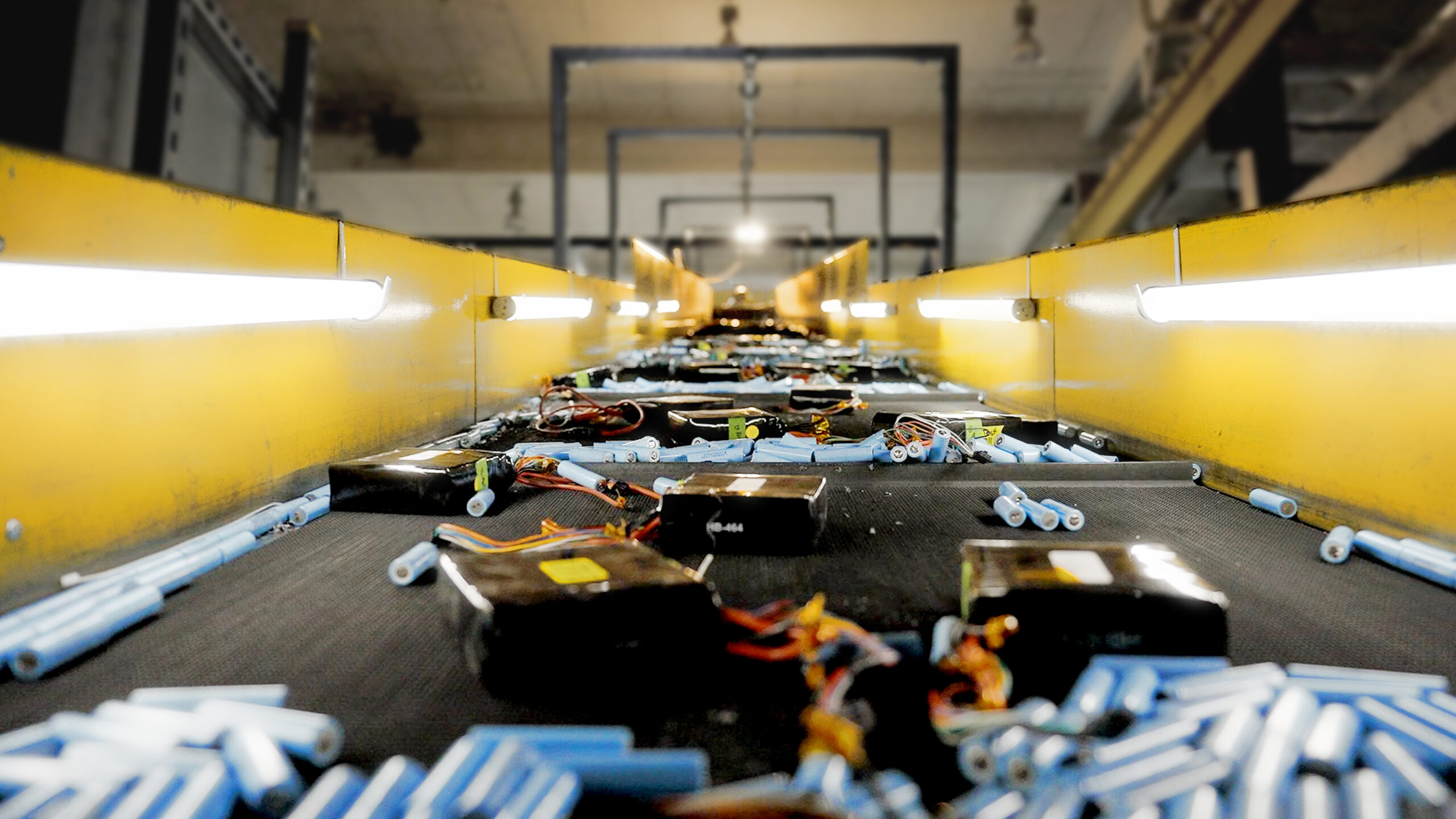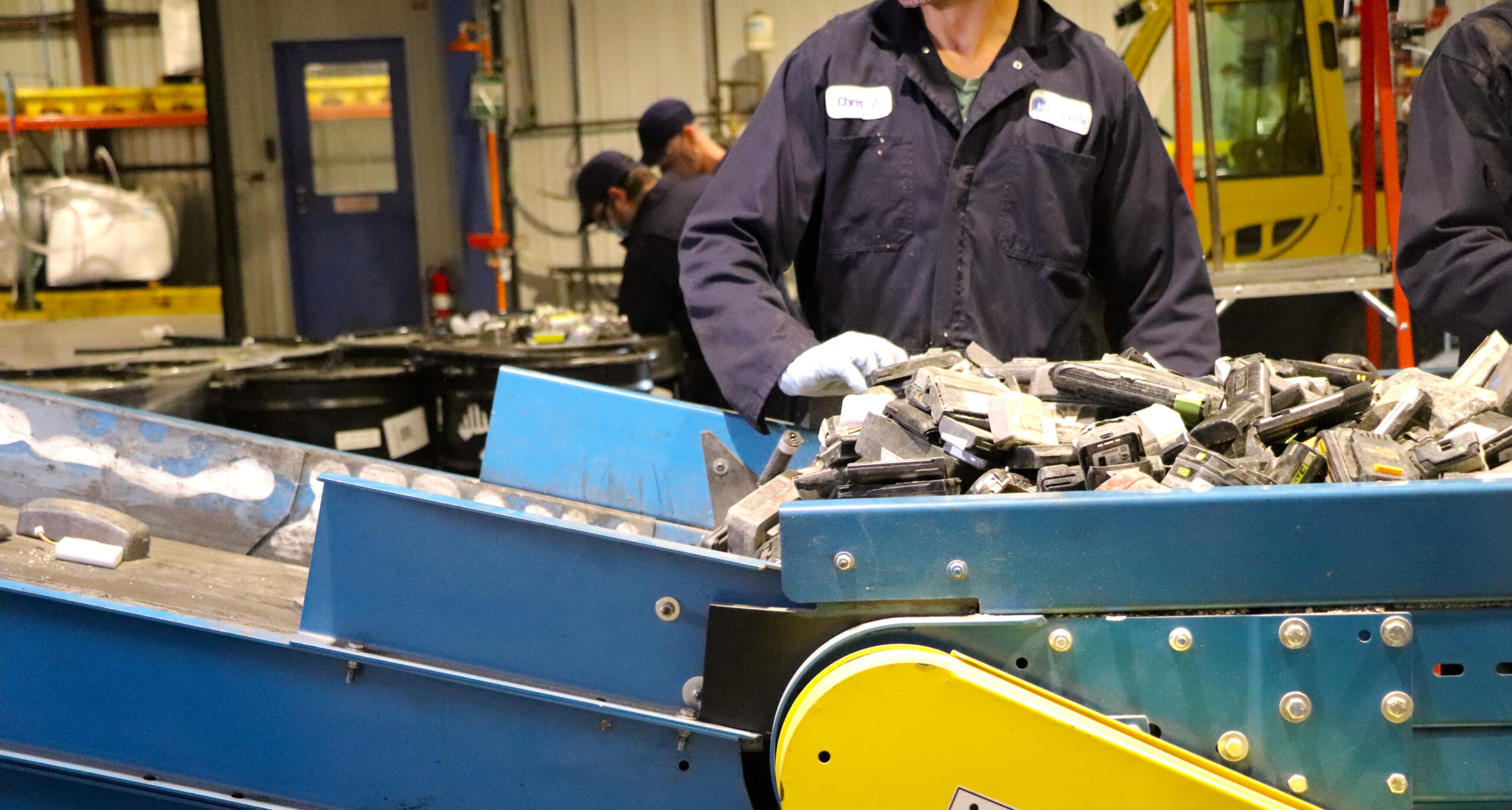The energy transition is here. Experts, industry professionals and politicians understand the need to transition to clean, renewable energy sources that will help decrease our carbon footprint. To this end, it’s essential to appreciate the benefits provided by materials such as lithium, graphite, nickel and cobalt used to power electric batteries, making this transition possible. Without them, it’s impossible for batteries to function and the technologies that enable renewable energies — like solar, wind and geothermal — to work.
These critical materials represent an opportunity for Arizona residents like us, who use energy daily to meet our needs without continuing to inflict a heavy toll on the planet. This will lead to more sustainable and equitable energy consumption for our communities, country and the environment.
The clean energy transition has already begun, especially since the Biden administration announced a new program that unlocks $6.4 billion in formula funding for states and localities over the next five years. This new Carbon Reduction Program (CRP), created under the Bipartisan Infrastructure Law and supported by Arizona Sens. Kyrsten Sinema and Mark Kelly and other congressional leaders, will help states like ours develop carbon-reduction strategies and address the climate crisis facing our nation. States can use the funds in CRP to expand transportation options for American families in addition to helping them save money on gas.
 This program will fund projects that help curb air pollution while expanding electric transportation options for Arizona businesses and families. The White House has also promoted the strengthening of the supply chain of advanced batteries for vehicles through investments in projects that promote their manufacture and recycling.
This program will fund projects that help curb air pollution while expanding electric transportation options for Arizona businesses and families. The White House has also promoted the strengthening of the supply chain of advanced batteries for vehicles through investments in projects that promote their manufacture and recycling.
The demand for lithium batter
ies is expected to grow significantly over the next decade, so we must secure domestic supplies of lithium and other critical clean energy materials. Last year, the Federal Consortium for Advanced Batteries, led by the departments of Energy, Defense, Commerce and State, are working to ensure a robust lithium industry by 2030.
Contributing to the effort is Li-Cycle, a Canadian lithium-ion battery recycling company that began operations in Arizona this year. The company is supporting Arizona’s growing electric vehicle industry through the recycling of battery materials, resulting in more job creation in our state and less waste. At its facility in Gilbert, Li-Cycle obtains a powder substance known as black mass by shredding discarded batteries and scraps. The black mass contains different materials, including lithium, cobalt and nickel. Li-Cycle is able to process the black mass at its hub facilities to produce critical battery-grade materials that can be used to make new batteries. In addition, the repurposed lithium in these batteries could be used in solar-electric batteries.
Recycling lithium batteries will have an enormous impact on our economy and the environment. Currently, less than 5% of lithium batteries are recycled, and heavy metals coming from unrecycled batteries are filling up our landfills and going into our soil.
 This is in contrast to Europe, where 60% of used lithium batteries are already recycled. That is enough to meet 25% of the world’s demand for this material by the automotive industry. Therefore, new recycling technologies and extraction techniques must work together to reduce the need for raw materials and the production of next-generation batteries. These extraction techniques could recover 90% more lithium with the same energy they currently use. Consistent with this is the Biden administration’s commitment to next-generation batteries, which can provide two to 10 times the energy density of batteries and recycling.
This is in contrast to Europe, where 60% of used lithium batteries are already recycled. That is enough to meet 25% of the world’s demand for this material by the automotive industry. Therefore, new recycling technologies and extraction techniques must work together to reduce the need for raw materials and the production of next-generation batteries. These extraction techniques could recover 90% more lithium with the same energy they currently use. Consistent with this is the Biden administration’s commitment to next-generation batteries, which can provide two to 10 times the energy density of batteries and recycling.
Implementing the Bipartisan Infrastructure Law and the $3.1 billion allocated for battery-making and recycling programs in Arizona will allow us to have improved domestic battery manufacturing and better recycling capability, creating a more viable and needed battery supply chain.
Let’s not forget the transportation sector generates the most significant amount of carbon emissions in the entire country. The transition cannot wait. Citizens are paying ever-higher fuel prices, and the environmental consequences are enormous. Therefore, we welcome responsible sourcing to enable the United States to prepare for market demand, with good extraction of critical materials necessary for the manufacture of next-generation batteries.
This will avoid bottlenecks in current supply chains, abusive fuel prices and environmental disasters. This will also result in a planet where we breathe better, our communities live safer, and a better quality of life is fostered, with the possibility of higher wages and jobs in the energy industry.
This process is ongoing. All that remains is for the regulatory environment and the mining industry to support a transformation from which our state and our country can benefit.
Photos courtesy of Li-Cycle.





